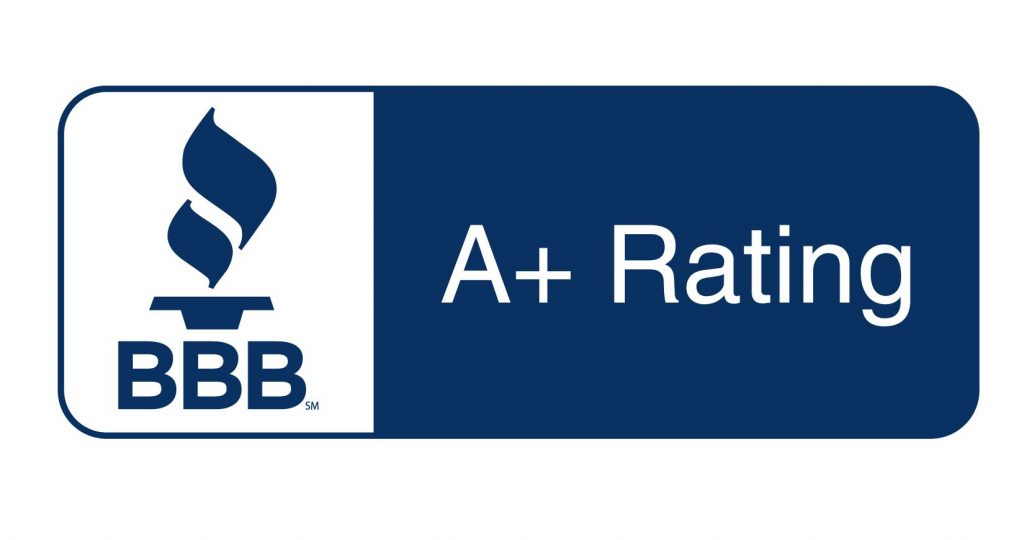Often, married couples choose to consolidate under a single insurance policy. This may be for cost efficiency or the absence of an employer-backed plan for one spouse. Because of this, it’s common for married people to ask us if it’s possible to get Medicare through their spouses.
The answer, however, is somewhat nuanced when it pertains to Medicare. In this article, we will delve into specific aspects of Medicare Part A, combined coverage, and Health Savings Accounts (HSAs).
Eligibility for Medicare Part A
A majority of beneficiaries are entitled to Part A without having to pay a premium. If you fall into this category, getting Medicare through your spouse won’t be a concern, as you’ll independently meet the eligibility criteria. Premium-free Part A is available to those who have been employed for a minimum of 40 quarters within the United States and have contributed to Social Security taxes during this period or those who qualify for Railroad Retirement benefits.
Additionally, Medicare is available to certain individuals below the typical age of eligibility. Those diagnosed with End-Stage Renal Disease (ESRD), Amyotrophic Lateral Sclerosis (ALS or Lou Gehrig’s Disease), or those who have been receiving disability benefits for a continuous 24-month period may also be eligible for premium-free Part A.
Medicare Part A for Non-Working Spouses
What happens if you don’t meet those prerequisites? If you don’t meet any of the mentioned conditions, the ensuing step is to assess whether your spouse qualifies. If they meet the criteria, you may also be entitled to the premium-free Part A.
For starters, your spouse needs to be a minimum of 62 years old. If they haven’t reached 62, you will need to wait until they attain this age. Next, consider the three potential situations you might encounter.
Married: You need to be legally married to your spouse for no less than one year, and they need to qualify for Social Security benefits.
Divorced: A marriage lasting ten years to an individual qualifying for Social Security is necessary, and your current status must be single.
Widowed: A marriage to your deceased spouse must have lasted a minimum of nine months; they must have qualified for Social Security, and your current marital status must be single.
What Is Not Covered Through Your Spouse’s Medicare?
You might have the advantage of accessing Medicare Part A via your spouse, but there are several aspects that you won’t have in common concerning Medicare coverage.
Part B Premiums
A premium for Part B is obligatory for the majority of people, even for those who qualify for premium-free Part A. The Centers for Medicare and Medicaid Services (CMS) determine a standard premium for Part B each year. Nonetheless, single people and couples with higher income levels might be subjected to a higher premium than the standard. Each person in a marriage is responsible for their own Part B premium.
For 2023, the standard Part B premium is $164.90. This sum is automatically subtracted from your Social Security benefits on a monthly basis. If you are not yet receiving Social Security benefits, you will be billed on a quarterly basis.
Medicare Joint Coverage
Many of our married clients are curious about the possibility of getting a combined Medicare plan with their spouse. This is never a possibility. Although choosing identical plans is a viable option, each policy will be distinct and individualized. Separate premiums and policy numbers will be assigned to each of you.
However, it’s worth noting that certain Medigap plans (Medicare Supplements) do provide discounts for couples opting for the same plan. If both of you are thinking about choosing the same Medigap plan, we can assist you in finding the insurance provider offering the most advantageous household discount.
HSAs When One Spouse Has Medicare
Health Savings Accounts (HSAs) serve as a remarkable saving mechanism, offering a trio of tax-saving benefits. HSA is an acronym for Health Savings Account. Individuals who subscribe to a high-deductible health plan (HDHP) have the option to establish an HSA and allocate funds to it with tax-deferred income.
However, your ability to make contributions to an HSA ends once you enroll in Medicare. The Internal Revenue Service (IRS) explicitly forbids the allocation of funds to HSAs for those who have enrolled in any segment of Medicare, even if you have only Part A. However, the IRS does not restrict the non-Medicare enrolled spouse from making contributions to the account.

Medicare Made Easy with Carolina Senior Benefits
If you’re in a scenario where only one spouse meets the Medicare eligibility criteria, Carolina Senior Benefits is here to assist in securing health insurance for the spouse who hasn’t qualified yet. Don’t hesitate – reach out today to arrange a consultation with a dedicated Medicare advisor from Carolina Senior Benefits. We are eager to support you every step of the way!
Our services come at no additional cost, making your journey to understanding and choosing Medicare options smoother and more informed.





